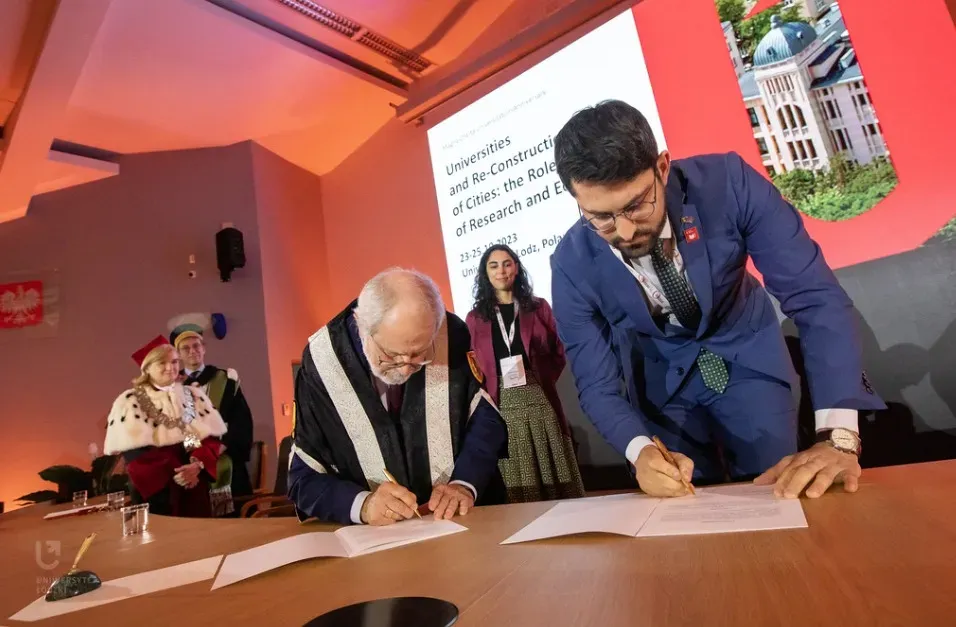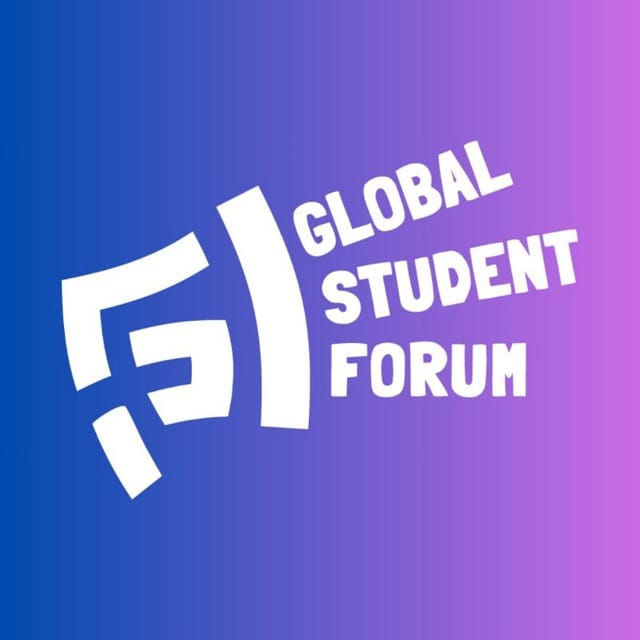Partners
The work of the Global Student Forum would not be possible without the support of our strategic partners, critical friends and allies.


The work of the Global Student Forum would not be possible without the support of our strategic partners, critical friends and allies.
